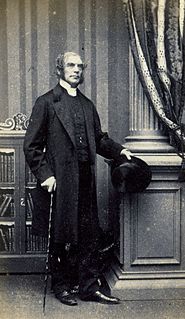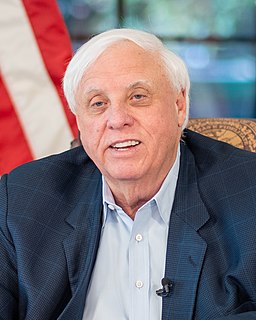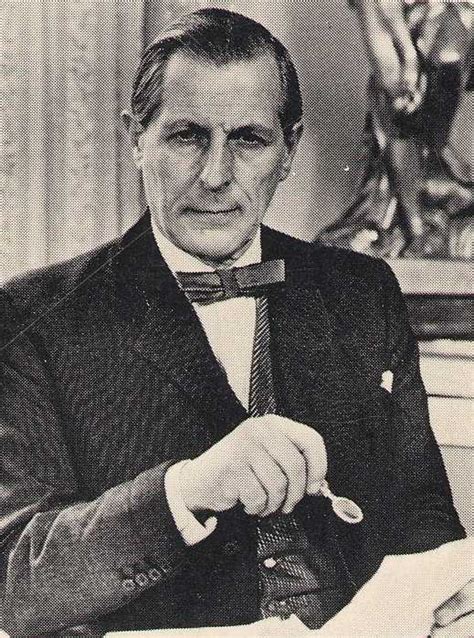A Quote by Theodore Roosevelt
The man of great wealth owes a peculiar obligation to the state because he derives special advantages from the mere existence of government.
Quote Topics
Related Quotes
Must love be ever treated with profaneness as a mere illusion? or with coarseness as a mere impulse? or with fear as a mere disease? or with shame as a mere weakness? or with levity as a mere accident? whereas it is a great mystery and a great necessity, lying at the foundation of human existence, morality, and happiness,--mysterious, universal, inevitable as death.
Our government, National and State, must be freed from the sinister influence or control of special interests. Exactly as the special interests of cotton and slavery threatened our political integrity before the Civil War, so now the great special business interests too often control and corrupt the men and methods of government for their own profit. We must drive the special interests out of politics.
If the earth must lose that great portion of its pleasantness which it owes to things that the unlimited increase of wealth and population would extirpate from it, for the mere purpose of enabling it to support a larger, but not a happier or a better population, I sincerely hope, for the sake of posterity, that they will be content to be stationary, long before necessity compels them to it.
In social life, in the family government, in the Church, and in the State this is an acknowledged and invariable law. The debtor would be incapable of appreciating the clemency which cancelled the debt, so long as he denied either the existence or the justice of the claim. Unconscious of the obligation, he would be insensible to the grace that remitted it.
The soul of the truly benevolent man does not seem to reside much in his own body. Its life, to a great extent, is a mere reflex of the lives of others. It migrates into their bodies, and identifying its existence with their existence, finds its own happiness in increasing and prolonging their pleasures, in extinguishing or solacing their pains.
The duty of the State toward the citizen is the duty of the servant to its master.... One of the duties of the State is that of caring for those of its citizens who find themselves the victims of such adverse circumstances as makes them unable to obtain even the necessities for mere existence without the aid of others.... To these unfortunate citizens aid must be extended by government--not as a matter of charity but as a matter of social duty.
I've always believed that this blessed land was set apart in a special way, that some divine plan placed this great continent here between the oceans to be found by people from every corner of the Earth who had a special love for freedom and the courage to uproot themselves, leave homeland and friends, to come to a strange land. And coming here they created something new in all the history of mankind-a land where man is not beholden to government, government is beholden to man.





























